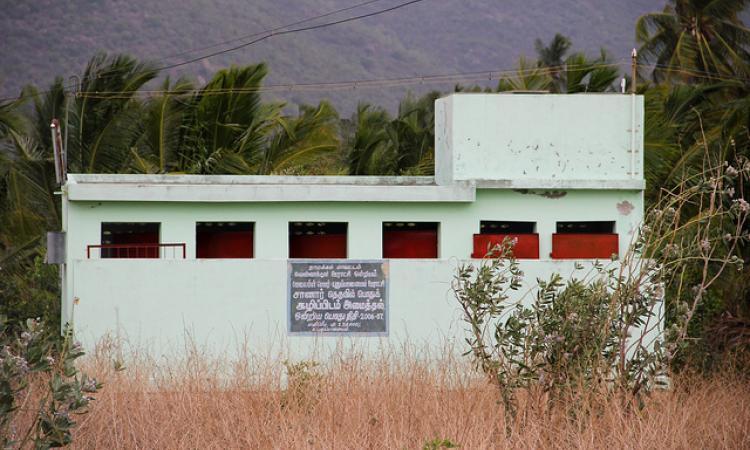
India's all-round sanitation deficit results in overall losses worth close to 6% of GDP
With India contributing 60% to the world’s open defection, the World Bank has estimated that the country’s sanitation deficit leads to losses worth roughly 6% of GDP. The reason has been the continued failure to recognise public sanitation and health as areas of focus for decades. Lack of adequate sanitation has been found to be behind children’s poor health with malnourishment seen to be much worse in India than in sub-Saharan countries.
Indore mulls making decentralised waste treatment compulsory for big townships
The Indore Municipal Corporation is considering making source segregation of garbage and decentralised treatment compulsory for upcoming townships. The Centre's modifications to the Solid Waste Management Rules 2002 makes it compulsory for communities with 200 dwellings or plots exceeding 5,000 square meters to make arrangements for segregation, storage and processing of waste in a decentralised manner.
Indian corporate houses' support for the Swachh Bharat and Namami Gange programmes remain lukewarm
The private sector has not been very enthusiastic in its support for two of the Centre's key programmes to clean up the country. Corporate Social Responsibility spending towards the Swachh Bharat and Namami Gange Missions has been found to be meagre; less than 1% of the total CSR spending of Rs 6,337 crore in the year 2014-15. Companies were found to be most interested in schemes focussing on eradicating hunger, promoting education and livelihood enhancement programmes.
New Delhi's third waste-to-energy plant to be inaugurated at the Narela-Bawana landfill site next month
Following sustained pressure from the National Green Tribunal, the North Delhi Municipal Corporation is all set to inaugurate the national capital's third waste-to-energy plant next month at the Narela-Bawana landfill site. The plant is capable of producing 24 megawatts of electricity using 1,300 tonnes of garbage in a day. The existing waste-to-energy facilities include the Timarpur-Okhla processing plant and the one at Ghazipur.
National-level 'Clean India' telephone helpline to be operated by all 4,041 urban local bodies soon
In a bid to achieve 100% open defecation free status across the country, the government plans to operationalise a National-level 'Clean India' telephone helpline soon. Each of 4,041 urban local bodies will operate the four-digit 'Swachh Bharat helpline' to provide assistance to people regarding scheme details and overall awareness generation. Modalities are currently being worked out with the Department of Telecommunications.
This is a roundup of important sanitation related news published between May 15 and 21, 2016